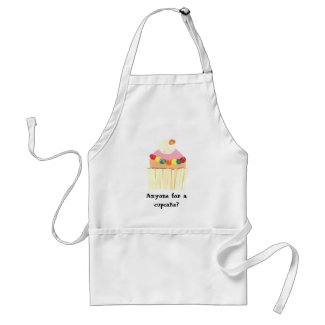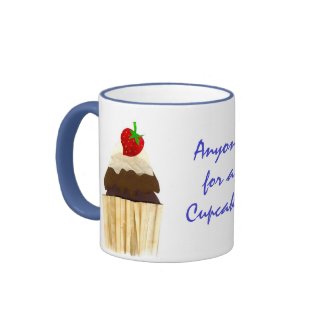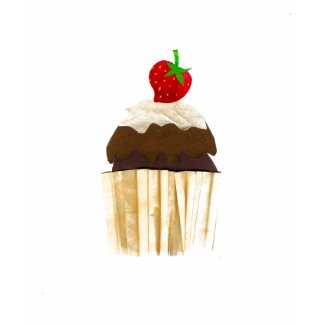It wasn't this quotation from Barthold Georg Niebuhr, 18th Century German-Danish statesman and historian, that set me thinking about 'creativity' but, of all things, the commentators of the World Cup football matches repeated use of the word! For instance, 'X's goal, created by Y'. And 'he's a creative player'. Creativity and football? Surely not! Football's just a lot of men chasing a ball around the field, isn't it? This happened to come at a time when several people I know had brought up the question of the conflict between Art and Business. And it set me wondering, just wondering, mind you, just why and where that conflict arises and whether they really are in such diametrically opposed positions after all and whether the common factor, which, in a sense, binds them together, might be 'creativity'.
One dictionary definition of 'creativity' is simply, 'having the ability or power to create'. So if I can follow a recipe for Black Forest Gateau and it turns out well, am I being creative? I've certainly created something - a Black Forest Gateau. And if I succeed, against all the odds, in constructing a flat-pack shed, with instructions in pigeon-English, have I 'created' that shed? Of course the answer is 'yes - in a sense' but it's not what we usually think of as being 'creative'.
The Encyclopedia Brittanica's definition comes a lot closer to how we normally understand the term, creativity: 'the ability to make or otherwise bring into existence something new, whether a new solution to a problem, a new method or device, or a new artistic object or form.'
And this is where I think the link between Art and Business exists. This, much broader, definition, could encompass business ventures just as easily as artistic endeavours - and I'm not just referring to 'creative accounting', though you'd think that would be a contradiction in terms! Who would deny that some of our most successful entrepreneurs, such as Richard Branson, are creative? Again, in this sense, a scientist may be thought of as 'creative, even though, all too often, Science is contrasted with the Arts. Isn't Einstein a perfect example?
So far, so good and all of this may be pretty obvious. But what are the shared elements of 'creativity' in the Arts, the Sciences and 'Business' - and maybe even football? And what are the differences that underlie the difficulties some artists experience when it comes to dealing with the business side of things?
First, the common factors, as I see them. You may want to suggest others. I believe it was Betty Edwards, in 'Drawing on the Right Side of the Brain' who proposed that the creative process always begins with a question that needs an answer, or a problem to be solved. (I lent my copy of her book years ago and never got it back, so I'm open to correction on this!) To me that implies the existence of a certain amount of imagination, the abilty to ask, 'What if...?' or 'I wonder what might happen if...' You could conceivably apply those questions to the assembly of the flat-pack shed and end up with a very nice bookcase and then you would have been truly creative - though I don't recommend trying it but it would no longer have been a 'painting by numbers' enterprise! So imagining, visualising, envisioning an end result are all part of the creative process, no matter whether it's a work of art or a business venture.
The ability to 'visualise' has become a core requirement of those 'manifesting' gurus who claim that we can achieve or own whatsoever we want.
But then there's another related factor that goes beyond envisaging and that may sometimes be at odds with it. Curiosity, the spirit of discovery, the willingness to explore unfamiliar territory, to entertain new and untested ideas, the flexibility to try something new when something isn't working - which all adds up to finding the courage to take risks. Does this all sound familiar when we are talking about our art? I'm sure that for many of us it does. But aren't these precisely the qualities that make a successful business person, an outstanding scientist - and even a world-class footballer?
Now let's look at some of the differences - I may well not have thought of all of them and I'd welcome the thoughts of others; after all these are just my rambling thoughts whilst cleaning the house!
Perhaps the most obvious difference is that it's a pretty well established fact that different parts of our brains are activated for different activities. Art flows most often from 'right-brain' activity, keeping the accounts, analysing sales statistics and so on are the function of the 'left-brain'.
(Please excuse my naughty pencil - it sometimes gets a bit carried away while I'm watching television!)
A bigger and less easily overcome obstacle to business success in many artists is that of assuming the role of salesperson. A recent BBC television programme about 'Personality', presented by Dr Robert Winston, demonstrated very convincingly that most people who work successfully in 'Sales' are extroverts. I'm guessing here, but my hunch is that a lot of artists, of whatever kind, are introverts. (You can check it out here) So selling their work is likely to be anything from quite difficult to an absolute ordeal, depending on their degree of Introversion. Unfortunately I don't think there's anything much to be done about that to make it easier.
And then there's the question that I'm sure that most artists have come up against at some time - I certainly have! Given that we need to sell our work to pay the bills, there will always be the temptation to paint what we know will sell rather than staying true to our own 'vision'. Sometimes we can do it but I think that when we do, there's always a sense that we're in danger of losing our 'creativity'. We're back to painting by numbers. If we can do both - create for our own satisfaction as well as creating for the sake of selling - it may work. I know of that a local artist who churns out pretty watercolours of local scenes to sell in a Coffee Shop to pay the bills, while producing a completely different set of work for galleries in London, where the competition is much greater and the certainty of selling much smaller. My beef with him is that he sells his local paintings as originals at a knock-down price, copying the same scene over and over, which makes it very difficult for other local artists to get a decent price for their work! But, that apart, if he can do it without feeling that he's losing his integrity, good luck to him!
But I think there can sometimes be a 'creative solution' to even this problem..... for instance, last weekend I made some collage greeting card 'cupcakes' -
Two of them were sold almost the moment they were in the Zazzle marketplace, which is a record for me!
So I was faced with a choice - do I make more cupcakes, even though I know that it would rapidlyy cease tbeing a 'creative activity for me and turn into a production-line, 'collage by numbers' exercise - or not?
I opted for 'not' - but I did use a certain amount of 'creative thinking' to make two of the designs into slightly different greeting cards -
- and a few things on Zazzle, but only where I thought the design was particularly suitable.
It remains to be seen whether that was a good 'business' decision but at least I know it was the best one for me, from the 'art' point of view!










3 comments:
This seems to be a real problem for most artists. Your whimsical cupcakes certainly covered both sides of the brain for you. Very interesting post!
It's a problem for surewhich I tackle every time I go on Zazzle.
That cupcake image would be a problem for me as it would lead to too much baking and eating in my house, they look so appealing.
I have heard the local artists here discuss these same subjects many times. I feel your choices will pay off in the long run.
Post a Comment